Author Reflection: Rehabilitation: A Post-Critical Approach
Barbara E. Gibson, PhD, Associate Professor at the University of Toronto, discusses her book: Rehabilitation: A Post-Critical Approach, a text for rehabilitation science students to engage with critical social theories, providing a framework to think through the application of these ideas to research and practice.
Mind Mapping: Using Visual Thinking to Improve Patient Care and Quality of Life
Phillip Kellogg, SPT, and Ali Nogi, PT, DPT, present an overview of the practice of Mind Mapping—a visual-thinking tool used for organizing information. Citing Dr. George Huba’s use of Mind Mapping to support his independence as he lives with dementia, the authors make the case for the technique’s effective application in healthcare and rehabilitation.
Student Essay Contest Winner: Mrs. Z
Congratulations to Creighton Doctor of Physical Therapy Program graduate student, Hayley Rieger, the winner of the inaugural physical therapy essay contest, co-sponsored by the ACAPT Consortium for the Humanities, Ethics, and Professionalism (CHEP) and JHR! She reflects how her patient taught her that “helping someone reach their full potential means hearing the song in their heart and finding a way to sing it back.”
Bringing Therapy Home: Book Review of One Hundred Names for Love
Professor Julie Hengst, PhD, reviews One Hundred Names for Love: A Stroke, a Marriage, and the Language of Healing, by Diane Ackerman. The book chronicles how Ackerman responded to her husband’s aphasia by turning their home into an enriched rehabilitative environment that challenged his cognitive functions daily, and achieved inspiring results.
Insights from the Margins of Thought and Experience
Welcome to the Spring 2018 Issue of the Journal of Humanities in Rehabilitation. We explore how agents of change are frequently those individuals or communities, creatively and courageously asking challenging questions and seeking new perspectives.
Introducing a New Section of JHR Dedicated to ‘Critical’ Rehabilitation Research and Scholarship
Jenny Setchell, PhD, BScPT and Barbara Gibson, PhD are co- editors of a new section in JHR dedicated to publishing research and scholarship that employ critical perspectives on rehabilitation. They seek submissions applying critical, post structural, or postmodern theories including original research, think pieces, and theoretical discussions of the philosophical basis of rehabilitation practices, education and/or research.


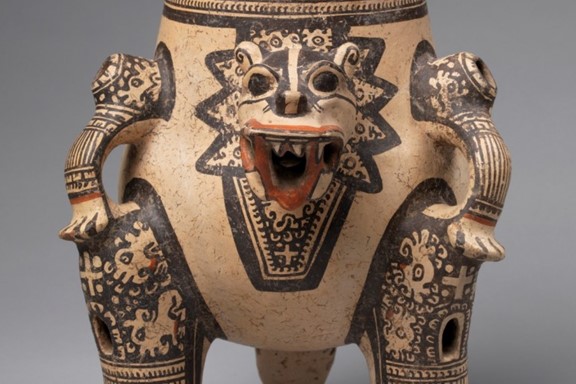
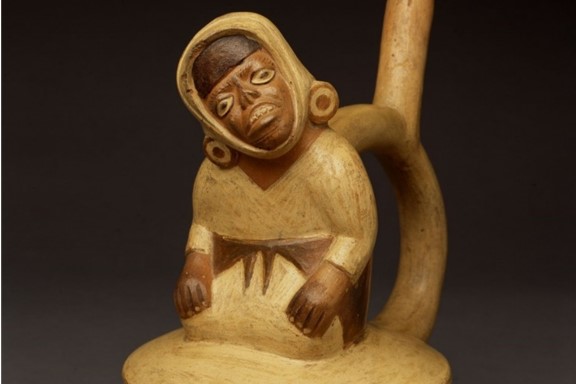
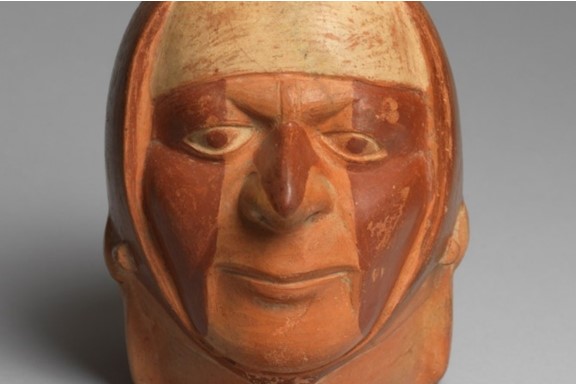
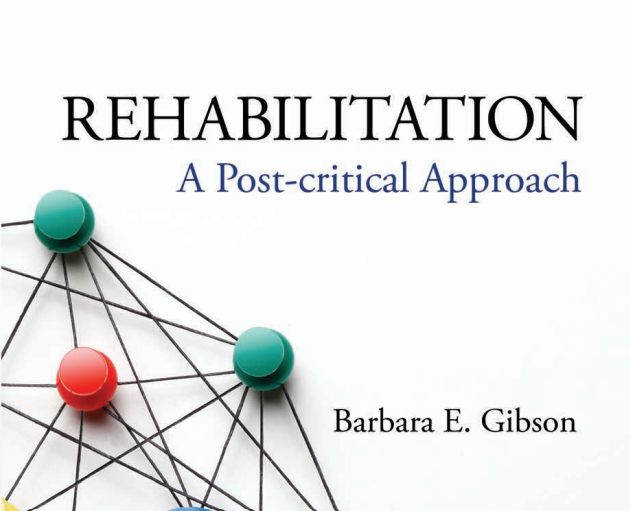
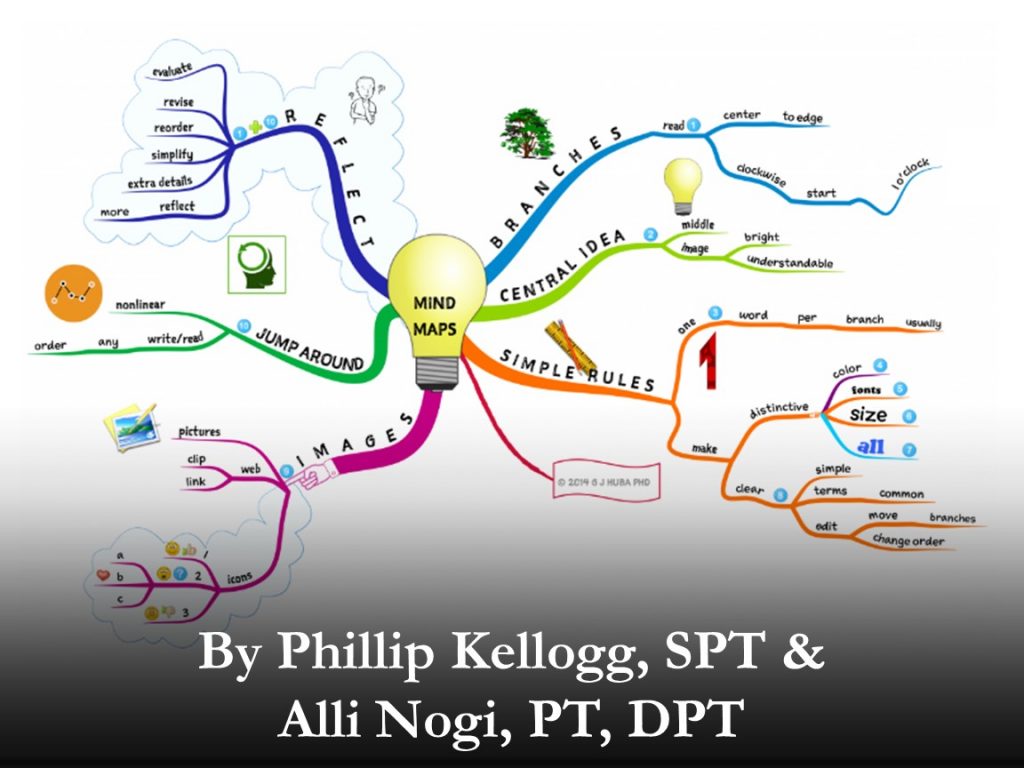
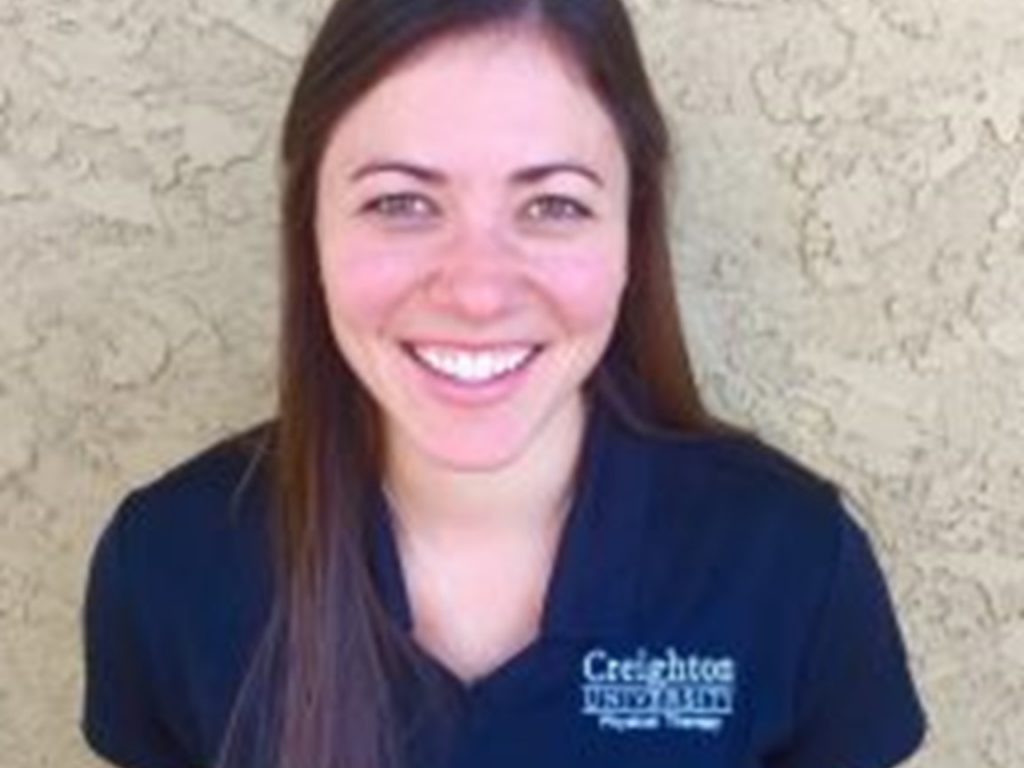
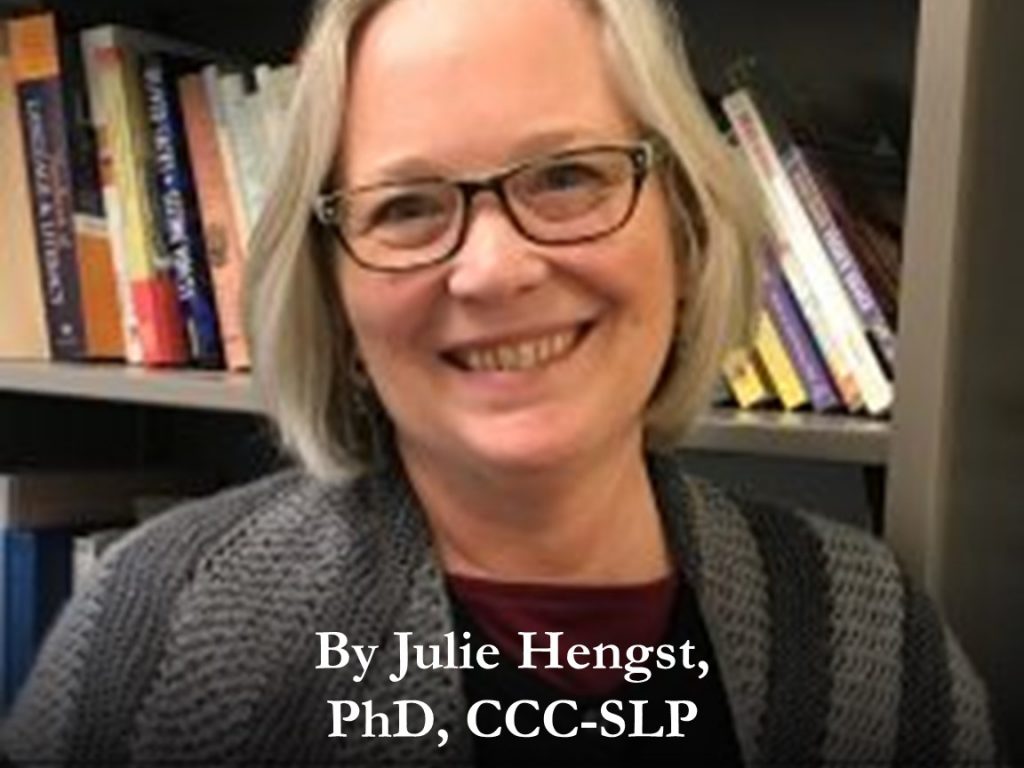

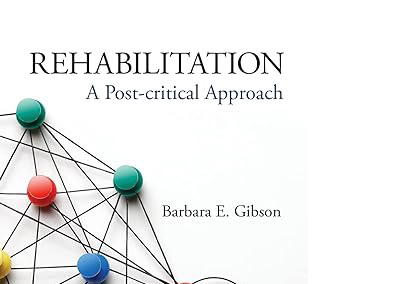



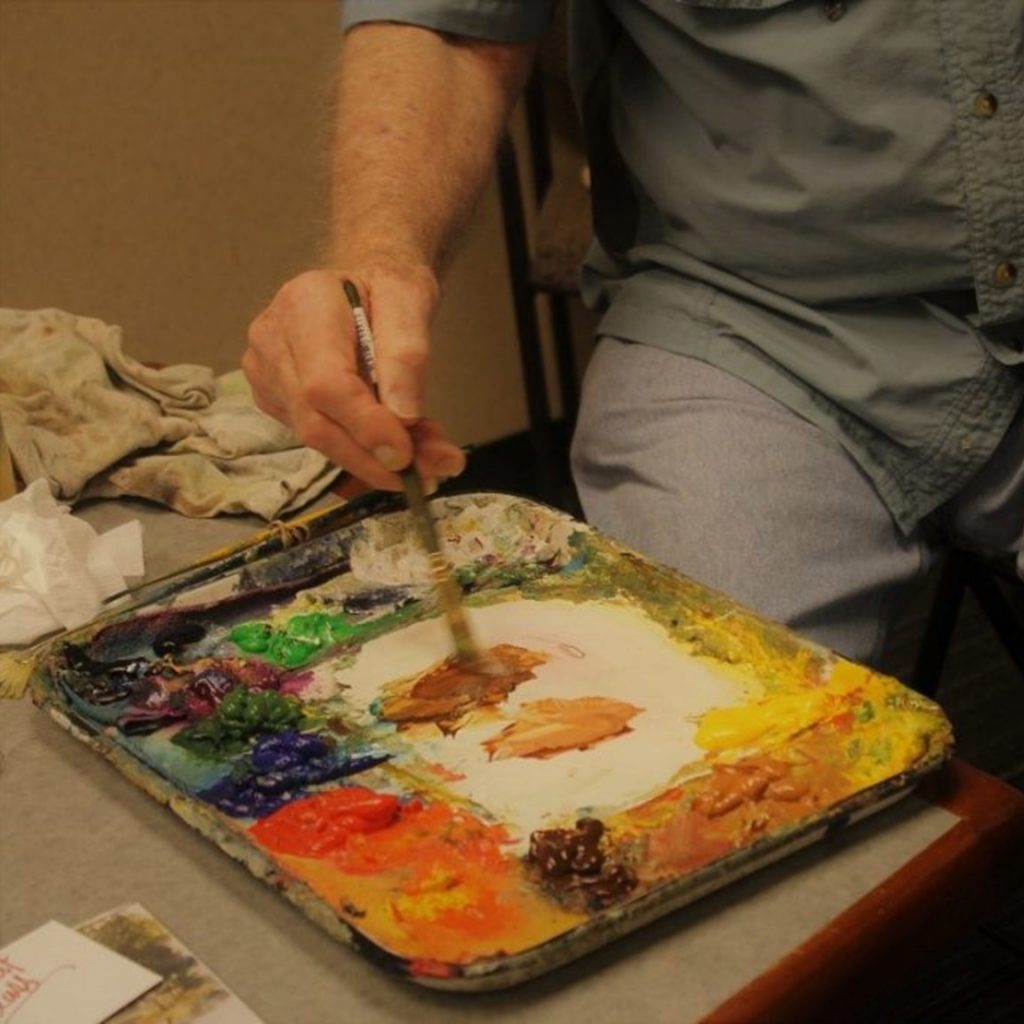
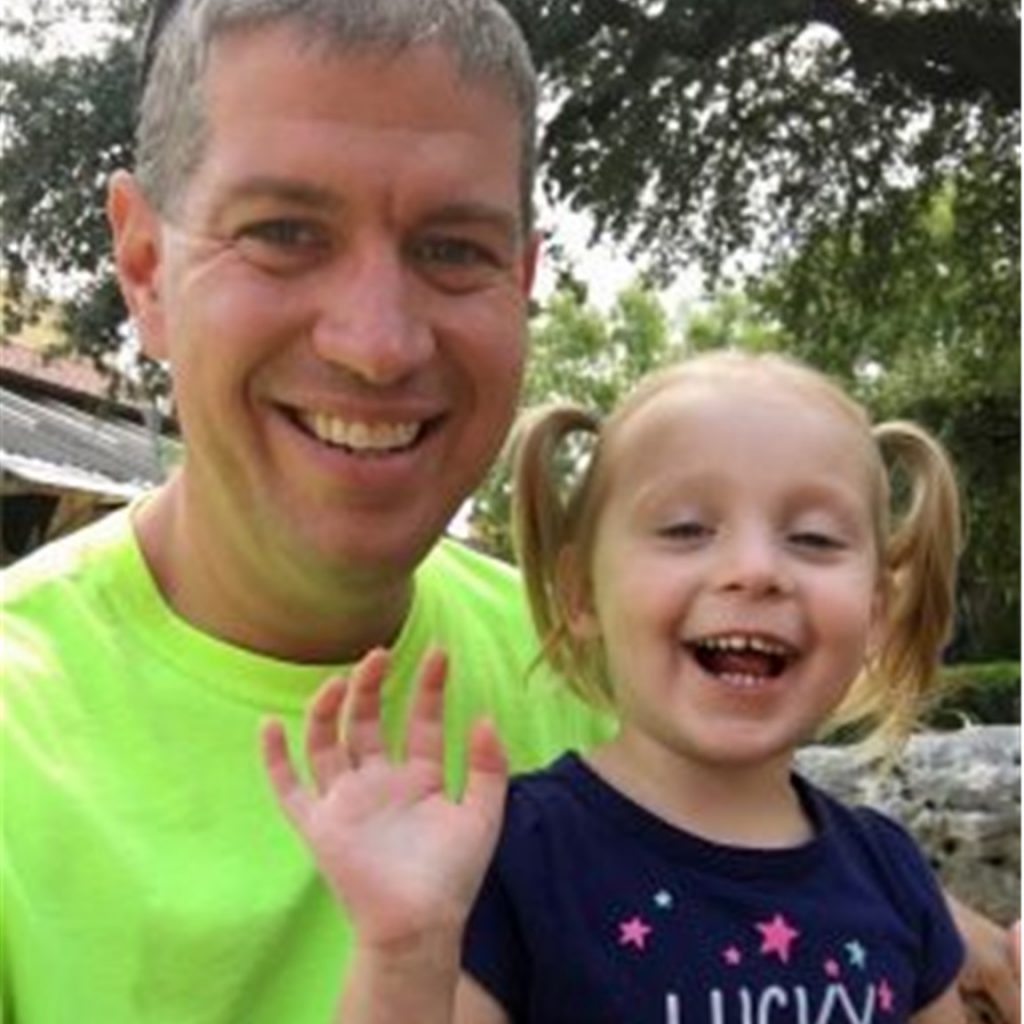


 Member since 2019 | JM14274
Member since 2019 | JM14274

